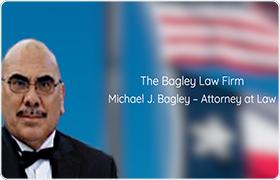Eagle Pass Juvenile Law Lawyer, Texas
Sponsored Law Firm
-
 x
x

Click For More Info:
-
The Bagley Law Firm
310 Margaret Lane Del Rio, TX 78840» view mapCriminal Defense Law The Justice You Deserve
When you need Legal representation, when you need to fight for the Justice that you know you deserve, you need an Attorney who you know. You need The Bagley Law Firm.
800-952-3840
Not enough matches for Eagle Pass Juvenile Law lawyer.
Below are all Eagle Pass Criminal lawyers.
Edgar Hugo Juarez
Personal Injury, Family Law, Juvenile Law, Criminal
Status: In Good Standing Licensed: 21 Years
David Riojas
Juvenile Law, International Other, Social Security, Family Law
Status: In Good Standing Licensed: 40 Years
Andrea Casares
Juvenile Law, International Other, Family Law, Personal Injury
Status: In Good Standing Licensed: 14 Years
Jad Powers Ratliff Harper
Personal Injury, Family Law, Juvenile Law, Criminal
Status: In Good Standing Licensed: 25 Years
John Patrick Dodson
Juvenile Law, Commercial Real Estate, Criminal, Administrative Law
Status: In Good Standing Licensed: 24 Years
 Michael J. Bagley Del Rio, TX
Michael J. Bagley Del Rio, TX Practice AreasExpertise
Practice AreasExpertise
